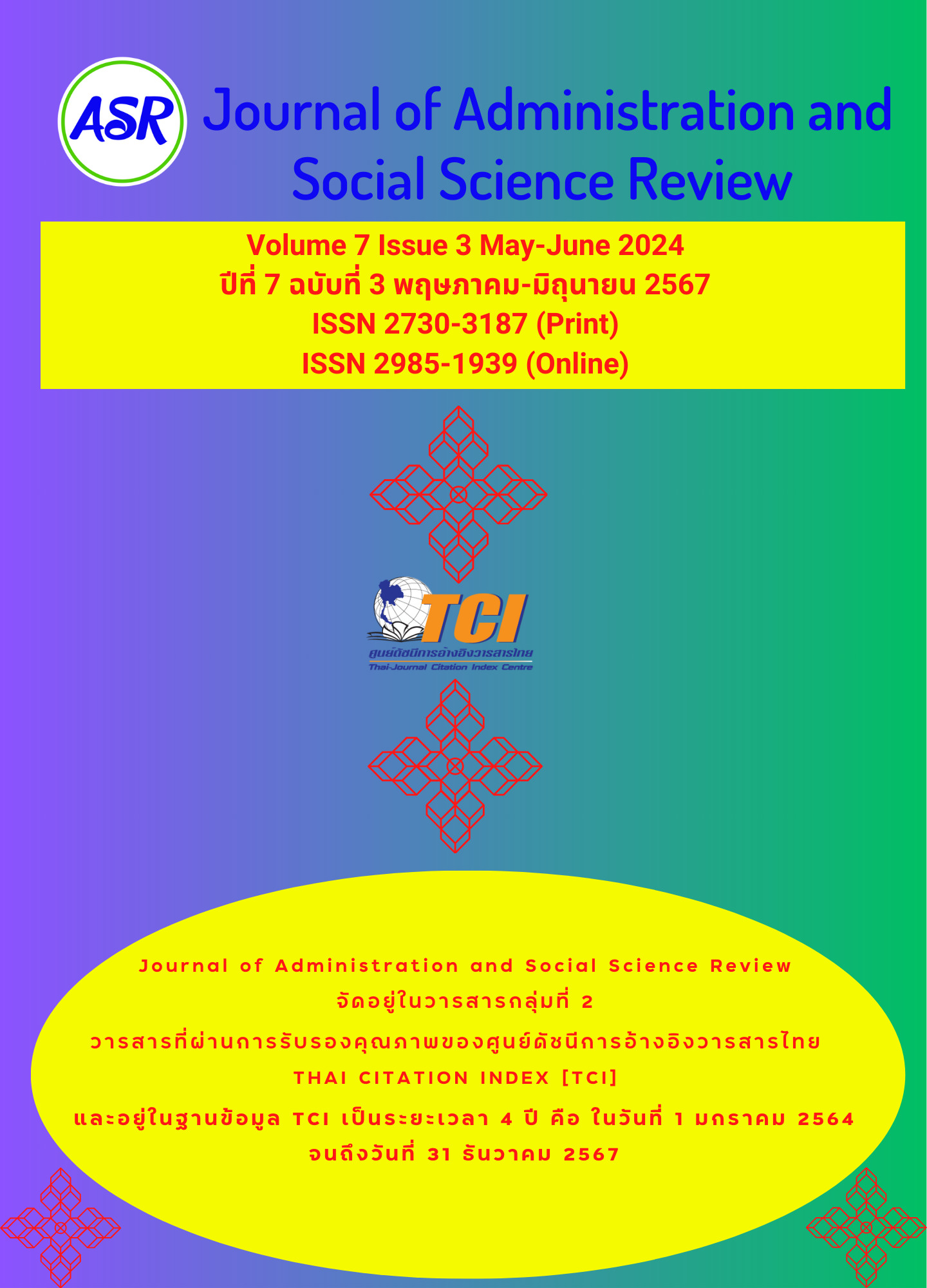The Seven Kalyanamitta Dhamma Principles of Administrators at Office of The Non–formal and Informal Education in Uthai Thani Province
Keywords:
principles of Kalyanamitthamma 7, Office of The Non – formal and Informal EducationAbstract
This research has two objectives: 1) to study the level of the seven Kalyanamitta Dhamma principles of administrators at Office of the Non–formal and Informal Education in Uthai Thani province and 2) to compare their seven Kalyanamitta Dhamma principles. According to teachers' opinions, classified by gender, age, and educational level, and work experience, the research sample included 245 teachers and educational personnel of educational institutions. The research tool was a questionnaire measuring Statistics used in the research included frequency, average. Standard deviation, t-test value) and F-test value The results of the study revealed that 1) the overall level of opinions on the seven principles of Kalyanamitthamma was at a high level (=3.86), and 2) the results of comparing opinions classified by gender, age, and overall educational level did not have differences. Also, both the overall picture and aspects, of Piyo (lovely), teacher (respectable), Bhawaniyo (knowledgeable, admirable), Vanjanakkhamo (not easily angered, patient) and Kambhira, had the differences of the two groups with significant difference at the .01 level. They were significantly different at the .05 level.



